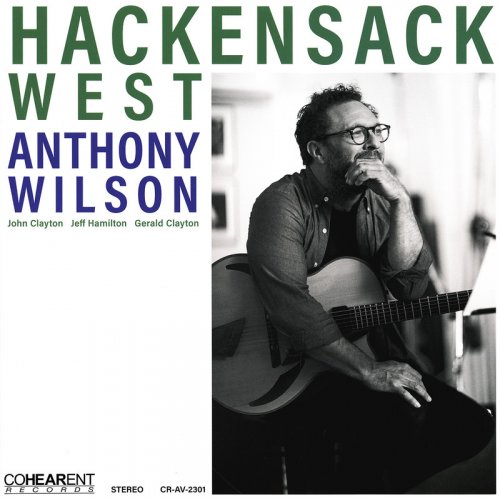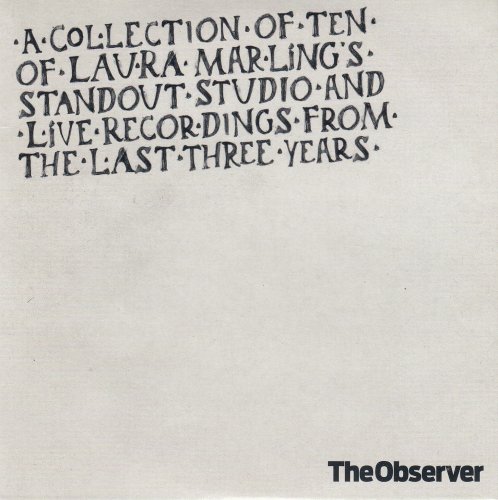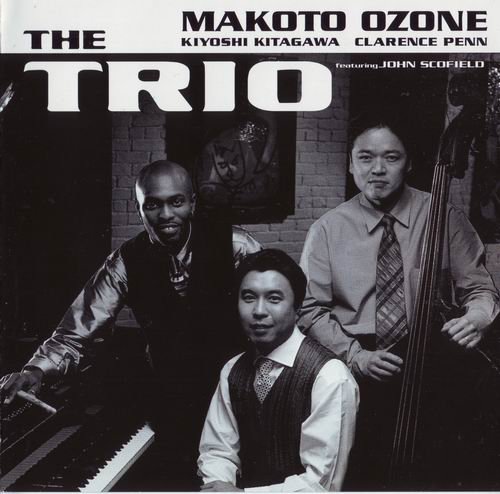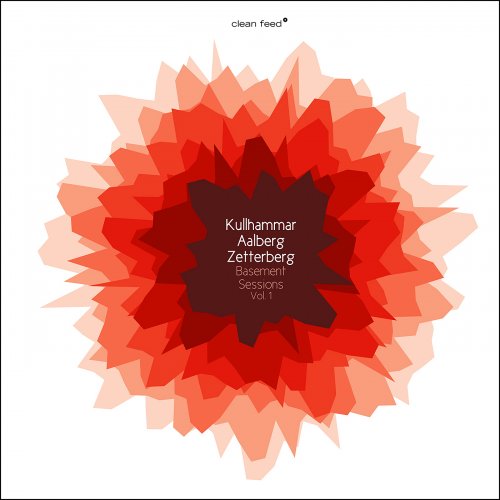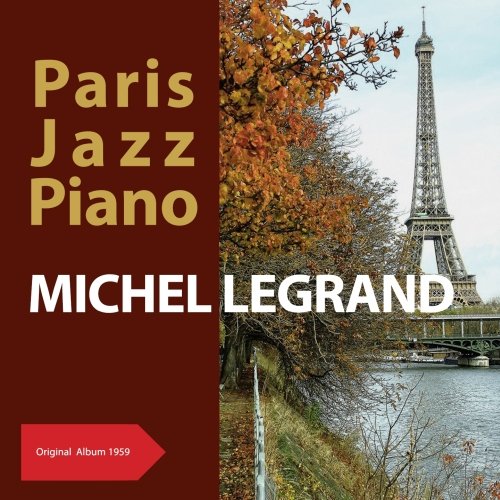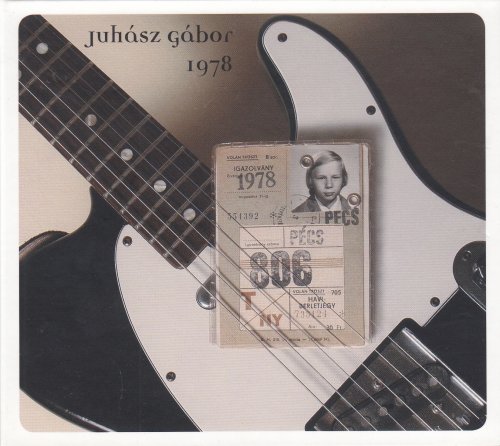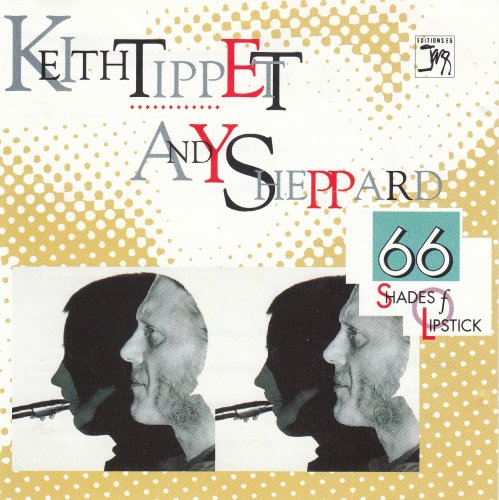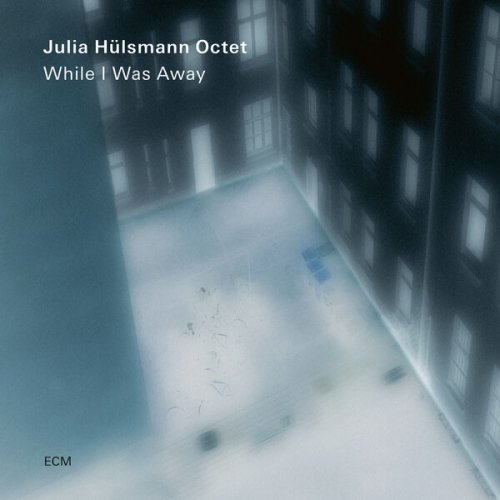Alexei Lubimov & Slava Poprugin - Paris Joyeux & Triste: Piano Duets by Satie & Stravinsky (2015)
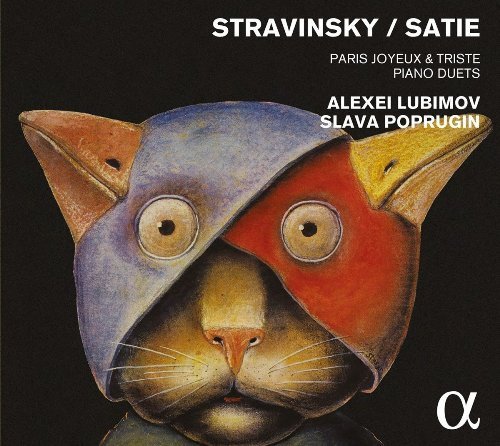
Artist: Alexei Lubimov, Slava Poprugin
Title: Paris Joyeux & Triste: Piano Duets by Satie & Stravinsky
Year Of Release: 2015
Label: Alpha Classics
Genre: Classical
Quality: FLAC (image + .cue, log, booklet)
Total Time: 77:28 min
Total Size: 229 MB
WebSite: Album Preview
Tracklist:Title: Paris Joyeux & Triste: Piano Duets by Satie & Stravinsky
Year Of Release: 2015
Label: Alpha Classics
Genre: Classical
Quality: FLAC (image + .cue, log, booklet)
Total Time: 77:28 min
Total Size: 229 MB
WebSite: Album Preview
Concerto in E Flat, "Dumbarton Oaks"
01. I. Tempo Giusto
02. II. Allegretto
03. III. Con Moto
Socrate (Symphonic Drama Based on Plato's Dialogues)
04. I. Portrait de Socrate
05. II. Bords de L'Ilissus
06. III. Mort de Socrate
Concerto for Two Pianos Solo
07. I. Con Moto
08. II. Notturno. Adagietto
09. III. Quattro Variazioni
10. IV. Preludio e Fuga
11. Cinema, Entr'acte Symphonique from The Ballet Relache
For this Alpha-Classics album of modernist music arranged for two pianos, Alexei Lubimov and Slava Poprugin play four essential works that yield some surprises in their keyboard versions. Three of the pieces are transcriptions of instrumental music, specifically Igor Stravinsky's arrangement of his Concerto in E flat major, "Dumbarton Oaks," John Cage's reduction of Erik Satie's Socrate, and Darius Milhaud's four-hand transcription of Satie's Cinéma (composed as a soundtrack for the short Dadaist film Entr'acte, used in the ballet Relâche), with Stravinsky's Concerto for two pianos solo performed as it was originally written. Lubimov and Poprugin play three pianos, a 1906 Gaveau, a 1909 Bechstein, and a 1920 Pleyel, so the vintage sonorities of the early modern era are used effectively to create the appropriate ambience and authentic period feeling. The pianists' lively playing and crisp attacks accentuate the unique character of these instruments, and overall the performances offer distinctive timbres a world away from the familiar sound of modern pianos. This is a fascinating exploration of modernism in a medium that was quite familiar to all of the composers of the time, though startling details will emerge, especially for listeners who can hear these pieces with fresh ears. -- Blair Sanderson
